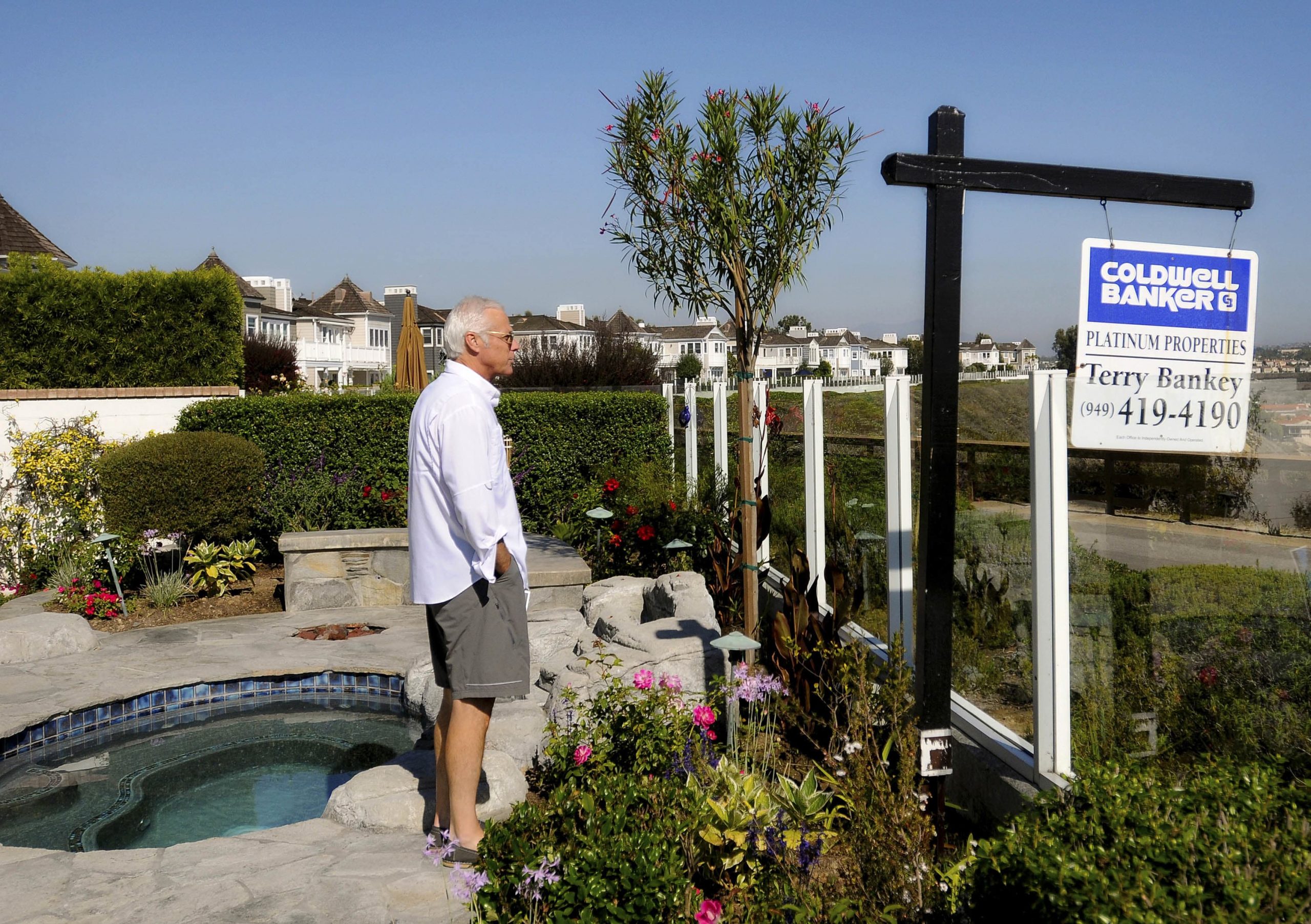A prospective homebuyer takes in the view at a beach front property in Newport Beach, California.
Jamie Rector | Bloomberg | Getty Images
If mortgage demand is an indicator, buyers are coming back to the housing market far faster than anticipated, despite coronavirus shutdowns and job losses.
Mortgage applications to purchase a home rose 6% last week from the previous week, according to the Mortgage Bankers Association’s seasonally adjusted index. Purchase volume was just 1.5% lower than a year ago, a rather stunning recovery from just six weeks ago, when purchase volume was down 35% annually.
“Applications for home purchases continue to recover from April’s sizable drop and have now increased for five consecutive weeks,” said Joel Kan, an MBA economist. “Government purchase applications, which include FHA, VA, and USDA loans, are now 5 percent higher than a year ago, which is an encouraging turnaround after the weakness seen over the past two months.”
As states reopen, so are open houses, and buyers have been coming out in force, if masked. Record low mortgage rates, combined with strong pent-up demand from before the pandemic and a new desire to leave urban downtowns due to the pandemic, are driving buyers back to the single-family home market. It remains to be seen if this is simply the pent-up demand or a long-term trend.
Buoying buyers, the average contract interest rate for 30-year fixed-rate mortgages with conforming loan balances of up to $510,400 decreased to 3.41% from 3.43%. Points including the origination fee increased to 0.33 from 0.29 for 80 percent loan-to-value ratio loans.
Low rates are not, however, giving current homeowners much incentive to refinance. Those applications fell 6% for the week but were still 160% higher than one year ago, when interest rates were 92 basis points higher. That is the lowest level of refinance activity in over a month.
“The average loan amount for refinances fell to its lowest level since January — potentially a sign that part of the drop was attributable to a retreat in cash-out refinance lending as credit conditions tighten,” said Kan. “We still expect a strong pace of refinancing for the remainder of the year because of low mortgage rates.”
Federal regulators this week changed lending guidelines for Fannie Mae and Freddie Mac, allowing refinances on loans that were or still are in the government’s mortgage bailout, part of the coronavirus relief package. Those loans can be refinanced once borrowers have made at least three regular monthly payments. Given tough economic conditions and rising unemployment, more borrowers may be looking to save money on their monthly payments.
Weaker refinance demand pushed total mortgage application volume down 2.6% for the week.
The refinance share of mortgage activity decreased to 64.3% of total applications from 67% the previous week. The share of adjustable-rate mortgage activity increased to 3.2% of total applications.


 Signal2forex.com - Best Forex robots and signals
Signal2forex.com - Best Forex robots and signals




